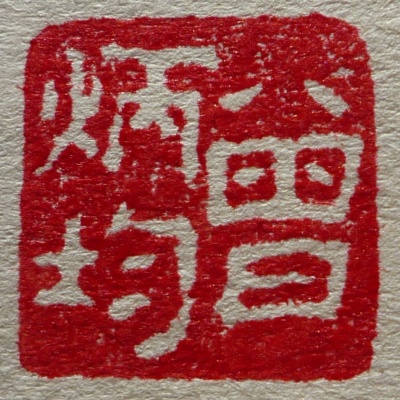Mass Surveillance in Secret - a Dangerous Act
Edward Tsang 2013.06.16
Mass surveillance may be necessary for national security. But building too much power on secrecy is dangerous. How does one guarantee that innocent people are protected? Given the secrecy, what stops agents from using information for personal gain?
Disclosure of massive surveillance
The whistle blower Edward Snowden disclosed America's National Security Agency (NSA) programme, which mass collects information from major service providers including Microsoft, Google, Yahoo, Apple, etc.
Snowden said his conscience drove him to inform the public because "I don't want to live in a society that does these sort of things … I do not want to live in a world where everything I do and say is recorded" (Guardian 9 June 2013).
A system built on secrecy
In the article "Secrets, lies and America’s spies" on 15th June 2013, The Economist's headline was: "A government’s first job is to protect its citizens. But that should be based on informed consent, not blind trust".
"America’s system involves judges sitting in a secret court who issue secret data-collection orders which bind the recipients to secrecy. A handful of secretly briefed lawmakers oversee the process. The legal opinions that govern the process are secret, too… Perhaps the ends justify the means—we do not know—but that was not the case with extraordinary rendition, “black jails”, waterboarding and the other ventures Mr Cheney’s mob led America into."
One should worry, even if one has nothing to hide
If you are asked whether you are willing to sacrifice privacy for protection, you might say yes. But if you're told that this protection could sometimes ruin YOUR life, not necessarily for anything that you have done wrong, (and there is no obvious route to reprieve) you may not want to take this protection.
"Trawls through big databases may produce ... life-ruining false alarms, especially when the resulting decisions are cloaked in secrecy. Those on “no-fly lists”, which ban an unknown number of people from most air travel, are not told what they have done wrong and cannot clear their names. In desperation, 13 American citizens, including some who were exiled from their own country by the travel ban, are suing the government."
What prevents an agent from abusing power for personal gain?
Snowden has chosen to reveal the secret. Other agents may act differently.
What's there to ensure that no other agent would use the information solicited for their personal gain? One must bear in mind that these agents can listen to any conversation and bank information. No one knows how well they are monitored by CIA. Would all of them comply to the code of practice? Power corrupts. Unharnessed power is dangerous.
[End]

All Rights Reserved